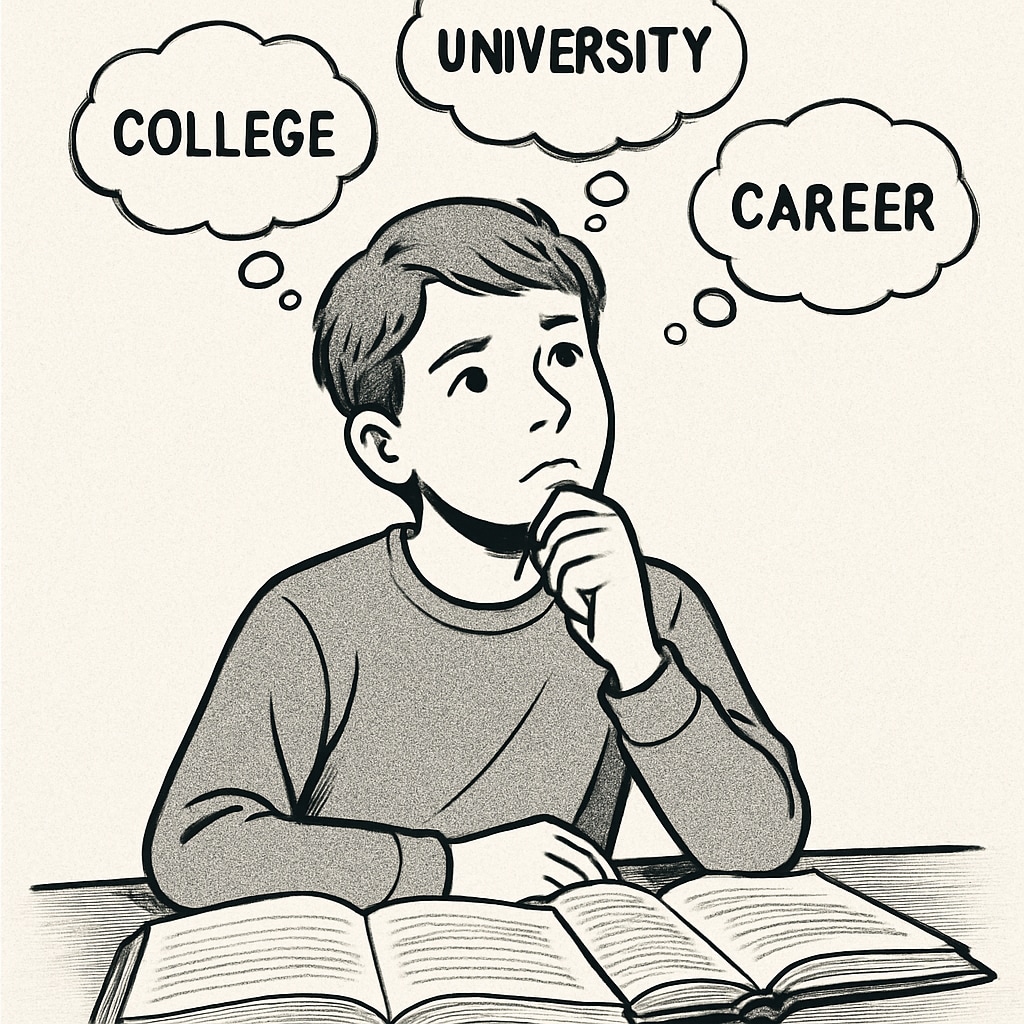In the UK, interrupted education can significantly impact a teenager’s academic prospects, career opportunities, and mental well-being. For teens like an 18-year-old who left school during Year 10, finding pathways to resume their studies can be daunting. However, the UK education system offers various options for recovery, ensuring that no student is left behind. This article provides practical solutions and hope for students and families navigating the complexities of returning to education after a break.
Understanding the Impact of Interrupted Education
Educational disruptions can occur for various reasons, such as health issues, family challenges, or socio-economic barriers. These interruptions often lead to gaps in knowledge, reduced confidence, and limited qualifications, which may hinder future opportunities. According to Education in the United Kingdom, the country has systems in place to help young people bridge these gaps.

For example, an 18-year-old who left during Year 10 may face challenges re-entering the classroom or transitioning to vocational training. It’s essential to understand the psychological toll such interruptions can take, including feelings of isolation or failure. Addressing these challenges requires both practical and emotional support systems.
Pathways to Resume Education in the UK
Fortunately, the UK offers multiple pathways for teens to regain their footing in education:
- Further Education Colleges: These institutions provide flexible programs, such as GCSE resits or vocational courses, tailored to older students.
- Apprenticeships: A hands-on approach combining work experience with study, ideal for those seeking practical skills.
- Online Learning Platforms: Resources like OpenLearn or FutureLearn allow students to study at their own pace, offering accredited courses in various subjects.
- Alternative Qualifications: Programs like BTECs or NVQs focus on skill-based learning, offering a viable route for students who prefer non-traditional education pathways.

Each pathway offers unique benefits, enabling students to match their interests, abilities, and long-term goals. For example, apprenticeships provide a direct route to employment, while further education colleges help students catch up academically.
Emotional Support and Motivation for Students
Returning to education after a break can be emotionally challenging. Students may struggle with self-doubt or fear of judgment. Therefore, it’s crucial to create a supportive environment where they feel encouraged to succeed. Schools and colleges often provide counseling services, peer support groups, and mentoring programs tailored to such needs.
Parents and guardians also play a pivotal role. Open communication, patience, and celebrating small milestones can significantly boost a teen’s confidence. According to Britannica’s Education Overview, fostering a positive mindset is key to overcoming setbacks and achieving long-term goals.
Practical Tips for Teens Restarting Their Education
For teens considering a return to learning, here are actionable steps:
- Set Clear Goals: Identify what you want to achieve, whether it’s completing GCSEs, gaining vocational skills, or preparing for university.
- Research Options: Explore nearby colleges, online platforms, or apprenticeship programs to find the best fit.
- Create a Study Routine: Establish a consistent schedule to manage coursework effectively.
- Seek Support: Don’t hesitate to access counseling or mentorship programs offered by educational institutions.
- Celebrate Progress: Recognize every milestone, whether big or small, to stay motivated.
Restarting education is a journey, but with determination and the right resources, success is achievable.
Readability guidance: This article is structured with short paragraphs, clear subheadings, and lists for easy navigation. It avoids excessive jargon, ensuring accessibility while maintaining a professional tone. Transition words are used to enhance flow, and long sentences are minimized to improve readability.


